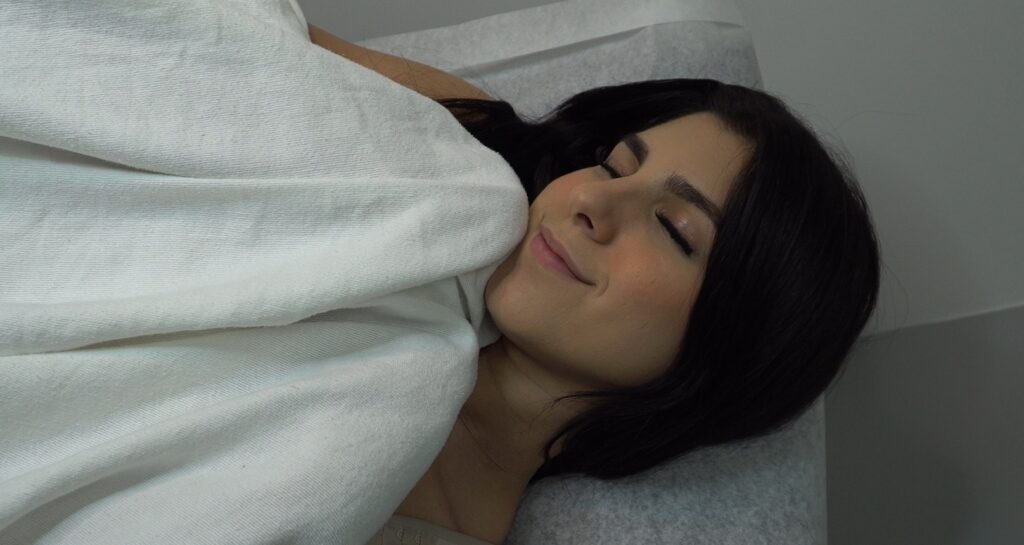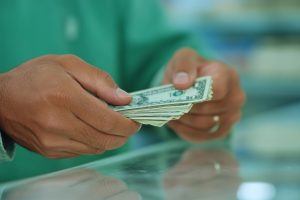Liposuction is one of the most sought-after cosmetic procedures, offering significant results in body contouring. However, the success of liposuction doesn’t end with the procedure itself but extends into the post-operative recovery period.
This article will guide you through all the stages of liposuction recovery, covering essential care and realistic expectations to ensure a smooth and effective recovery.
What to expect immediately after liposuction?
After liposuction, it’s normal to feel some discomfort, swelling, and bruising. Your surgeon will provide detailed instructions on how to care for the treated areas, including wearing compression garments, which are crucial for reducing swelling and helping the skin adapt to the body’s new contours. Additionally, you will receive medications to alleviate pain and prevent infections.
Immediately following surgery
Right after liposuction, your doctor will place a compression garment on the treated areas. This garment applies pressure to help reduce swelling and prevent bruising. During surgery, an anesthetic solution is used, which helps minimize initial discomfort. So, in the first few hours, you might not feel much pain.
A few hours post-surgery
Once the anesthetic starts to wear off, usually after a few hours, moderate discomfort might set in. The level of soreness depends on the area where you had liposuction. It’s recommended to stay overnight at the hospital so your doctor can monitor any fluid changes and dehydration, ensuring you are safe and comfortable during this initial period.
Tips for the first few days
- Rest: It’s vital to rest in the first few days after surgery. Avoid strenuous physical activities and get up only to walk a bit inside the house.
- Hydration: Drink plenty of water to aid the healing process and prevent dehydration.
- Healthy diet: Consume nutrient-rich foods to promote recovery, focusing on fruits, vegetables, and lean proteins.
The first week of recovery
The first week after liposuction is crucial. During this period, follow all of your surgeon’s instructions and stay alert to signs of complications. Continue wearing your compression garments as recommended and avoid any physical exertion.
Specific Care
- Dressing changes: Keep dressings clean and dry. Follow your doctor’s guidelines on how and when to change them.
- Medications: Do not skip doses of prescribed medications, especially antibiotics, to prevent infections.
The second week onwards
In the second week, you may start noticing a reduction in swelling and bruising. However, it’s still important to avoid strenuous activities. Light walks are encouraged to improve circulation and aid recovery.
Introduction of light activities
- Walks: Begin taking light walks to stimulate circulation and prevent blood clots.
- Gentle movements: Perform gentle movements and light stretches to maintain flexibility without straining the operated area.
One month after liposuction
At one month post-surgery, most patients feel significantly better and can resume many of their normal activities, always with the surgeon’s approval. You may still need to wear the compression garment, depending on the degree of swelling and the healing progress.
Continuous monitoring
- Follow-up appointments: Schedule regular follow-up appointments with your surgeon to ensure recovery is progressing well.
- Adapting exercise routine: Gradually reintroduce light exercises into your routine, always observing how your body responds.
Read more:
👉Top 5 Benefits of Liposuction You Didn’t Know About
What Not to Do During Liposuction Recovery
Recovering from liposuction requires specific care to ensure good results. Knowing what to avoid can make a big difference in your healing process. Here are some things you should avoid during recovery:
Avoid intense physical activity
In the first days after surgery, it’s important to rest. Avoid any intense physical activity such as lifting weights, running, or performing strenuous exercises. These activities can increase swelling and pain, and they can delay healing.
Do not ignore medical recommendations
Your surgeon will provide a detailed set of recovery instructions. It’s crucial to follow these instructions precisely. Do not ignore guidelines about wearing compression garments, taking prescribed medications, and caring for your dressings. Following your doctor’s advice helps prevent complications.
Do not stay inactive for too long
While rest is necessary, total inactivity should be avoided as well. Light walks are encouraged to improve circulation and prevent blood clots. Gentle movement helps accelerate the recovery process.
Avoid sun exposure
Sun exposure can worsen swelling and increase the risk of hyperpigmentation in the treated areas. Avoid direct sunlight on the operated areas and use sunscreen if you need to go outside. Protecting your skin helps prevent additional complications.
Do not consume alcohol or smoke
Alcohol and smoking can negatively impact your recovery. Alcohol can increase the risk of bleeding and complicate the use of medications. Smoking impairs blood circulation, which is necessary for proper healing. Avoid these substances to ensure a quicker and safer recovery.
Avoid comparisons
Every body reacts differently to surgery and recovery. Avoid comparing your progress with others who have undergone the same procedure. Focus on following your own care instructions and stay in touch with your doctor to monitor your progress.
Read more:
👉Liposuction vs. Tummy Tuck: Choosing the Right Body Contouring Procedure
Tips for maintaining liposuction results
Maintaining liposuction results requires a commitment to a healthy lifestyle. Here are some tips to help you maintain your new body contours:
- Balanced diet: Adopt a balanced diet to avoid weight gain, focusing on whole foods and avoiding processed foods.
- Regular exercise: Engage in regular exercise, combining aerobic activities with strength training.
- Hydration: Drink plenty of water daily to keep your skin healthy and your body functioning properly.
Possible complications and when to seek help
While most patients have a smooth recovery, it’s essential to be aware of potential complications and warning signs. Seek medical help immediately if you notice:
- Excessive swelling: Swelling that does not diminish or worsens.
- Severe pain: Pain that is not relieved by prescribed medications.
- Fever: High fever that may indicate an infection.
- Redness or warmth: Red and warm areas to the touch may be signs of infection.
Schedule a consultation with our specialists
If you are considering liposuction or have already undergone the procedure and need guidance for effective recovery, our specialists at Smart Plastic Surgery are here to help.
➡️Schedule a consultation with one of our doctors here and receive the care and attention you deserve.



